Trump imposes sanctions ICC over Israel war crimes charges
- Update Time : Saturday, February 8, 2025
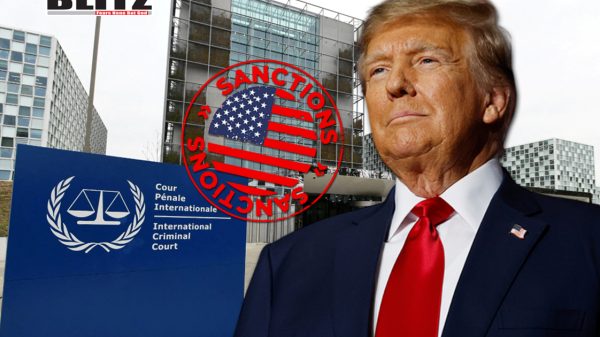
In a move that underscores Washington’s unwavering support for its allies and its longstanding resistance to international legal scrutiny, former US President Donald Trump has signed an executive order imposing sanctions on the International Criminal Court (ICC). The decision follows the ICC’s issuance of arrest warrants for Israeli Prime Minister Benjamin Netanyahu and former Defense Minister Yoav Gallant, a move that sparked outrage in Washington.
Trump’s executive order declares that the ICC’s actions “set a dangerous precedent” by subjecting Americans and allied nations to potential prosecution, which the US government views as an infringement on its sovereignty and national security interests. The order imposes financial and visa-related sanctions on individuals and organizations that support ICC investigations against US citizens or its allies.
This latest measure reinforces Washington’s long-standing opposition to the ICC’s jurisdiction over nations that are not signatories to the Rome Statute, the treaty that established the court. The United States and Israel have never ratified the treaty, making the ICC’s move against Israeli leaders especially contentious in Washington’s eyes.
The new sanctions are expected to severely impact the ICC’s operations. According to sources cited by The Guardian, the measures could restrict the court’s access to banking and payment systems, insurance providers, and IT infrastructure. Some experts have warned that the sanctions could paralyze the court and pose an existential threat to its functioning.
The US House of Representatives has also moved to enforce restrictions on ICC officials involved in cases against the country’s allies. A bill passed earlier this month will deny US visas and impose financial penalties on any ICC personnel engaged in prosecuting US allies, further tightening Washington’s grip on international legal proceedings it deems unfavorable.
The Trump administration’s move is consistent with previous American policies aimed at shielding its citizens from international prosecution. In 2002, the US adopted the American Service-Members’ Protection Act, informally known as “The Hague Invasion Act.” This law authorizes the president to use “all means necessary and appropriate” to secure the release of US or allied personnel detained by the ICC. While this does not explicitly call for military intervention, it implies the possibility of forceful action, reinforcing Washington’s rejection of the ICC’s authority.
This is not the first time the US has imposed sanctions on ICC officials. In 2020, when the court sought to investigate alleged American war crimes in Afghanistan, the Trump administration responded by placing sanctions on then-ICC prosecutor Fatou Bensouda. That move was later reversed by President Joe Biden, who lifted the sanctions in 2021. However, the pattern of US resistance to ICC probes remains consistent across administrations.
Washington’s approach to the ICC has also been marked by apparent inconsistencies. When ICC prosecutor Karim Khan issued an arrest warrant for Russian President Vladimir Putin in 2023 over alleged war crimes in Ukraine, the US praised the court’s decision. However, the same prosecutor’s pursuit of Israeli leaders has been met with hostility from US officials, exposing what critics argue is a selective application of justice based on geopolitical interests.
The ICC’s arrest warrants for Netanyahu and Gallant are based on allegations that they used starvation as a method of warfare in Gaza. The charges claim that Israel deliberately deprived Gaza’s civilian population of essential supplies, including food, water, and medicine, without any “obvious military necessity.”
Israeli officials have strongly denied the accusations, arguing that their military actions are aimed at combatting Hamas militants, not civilians. The US has echoed these sentiments, asserting that the ICC lacks jurisdiction over Israel since it is not a party to the Rome Statute.
The US sanctions on the ICC have drawn mixed reactions from the international community. Some Western nations have expressed concern over Washington’s aggressive stance, fearing it could weaken the legitimacy of international legal institutions. Human rights groups have also condemned the move, arguing that it undermines accountability for alleged war crimes.
Conversely, US allies in the Middle East, particularly Israel, have welcomed the sanctions as a necessary defense against what they view as politically motivated prosecutions. Israeli officials have accused the ICC of bias, claiming the court disproportionately targets democratic nations while turning a blind eye to atrocities committed by non-state actors and authoritarian regimes.
The Trump administration’s sanctions against the ICC raise broader questions about the future of international justice and accountability. Critics argue that by penalizing the ICC for investigating powerful nations and their allies, Washington is effectively eroding the court’s ability to hold world leaders accountable for alleged war crimes. This, they warn, could embolden other nations to ignore international legal norms, further weakening institutions meant to uphold global justice.
Others contend that the ICC’s actions have overstepped its mandate and risk politicizing the court, potentially undermining its credibility. The perception of selective justice-where powerful nations can shield themselves while weaker states face prosecution-has long been a criticism levied against the ICC.
The US decision to sanction the ICC over its charges against Israeli leaders underscores the deep divide between global powers and international legal bodies. While Washington frames its actions as a necessary defense of sovereignty and national security, critics argue that they weaken international accountability and embolden impunity.
As this legal and diplomatic battle unfolds, the future of the ICC remains uncertain. If the US and other major powers continue to resist its authority, the court may struggle to maintain its legitimacy and enforcement capabilities. However, for advocates of international justice, the fight to hold world leaders accountable-regardless of political alliances-remains an essential and ongoing struggle.
The coming months will determine whether the ICC can withstand this latest challenge or whether the pressure from powerful nations like the US will force it into retreat. Either way, the implications of this standoff will be felt far beyond The Hague, shaping the future of global justice for years to come.


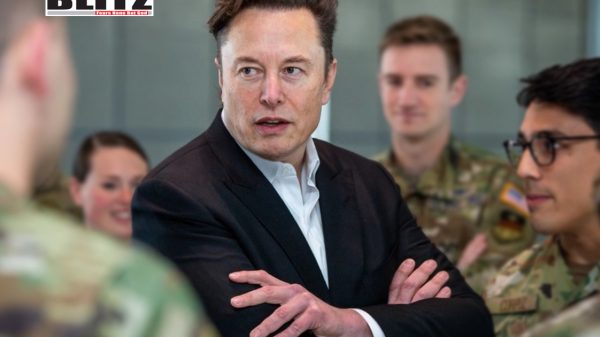
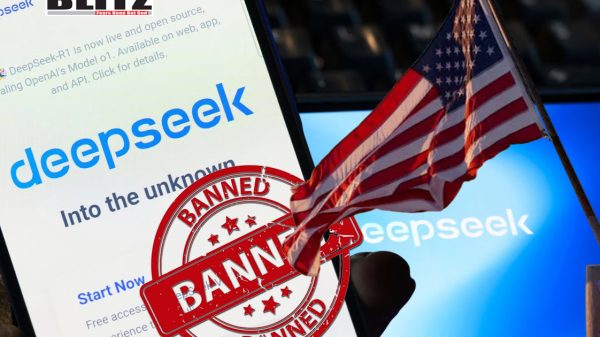
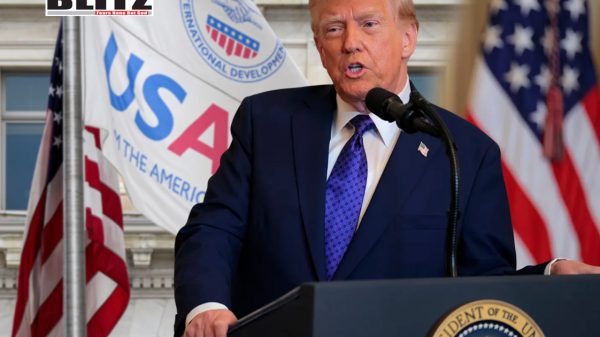
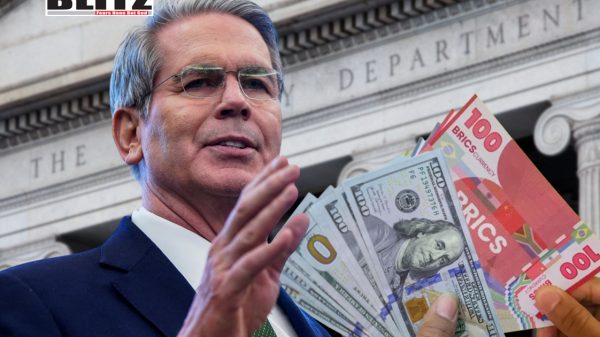
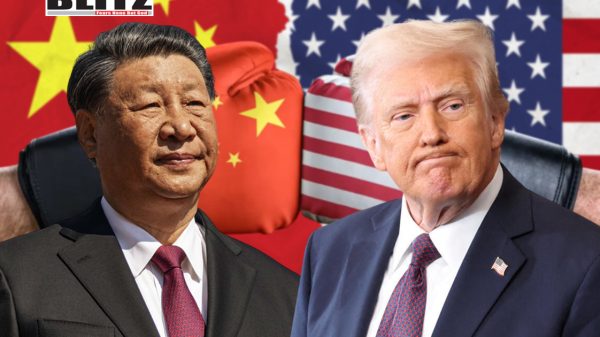
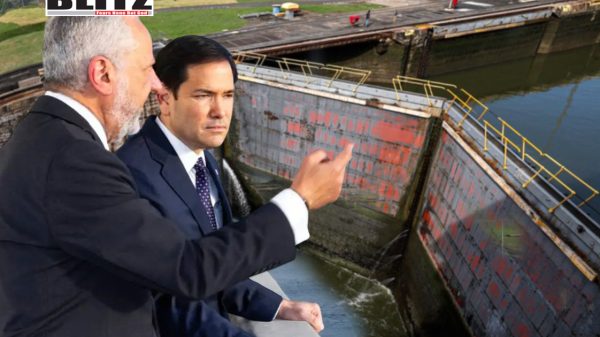
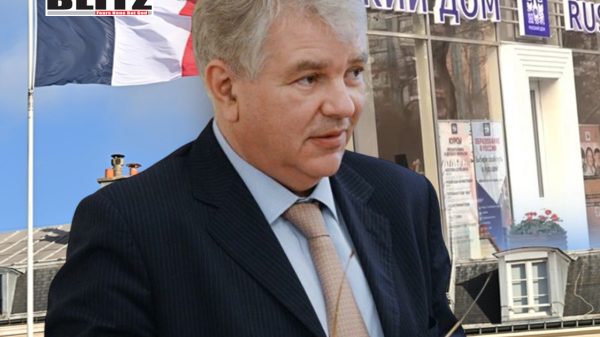

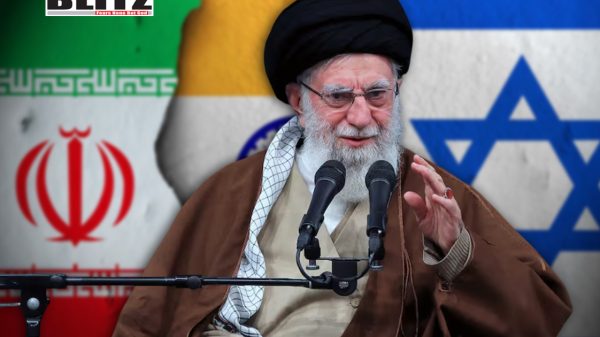
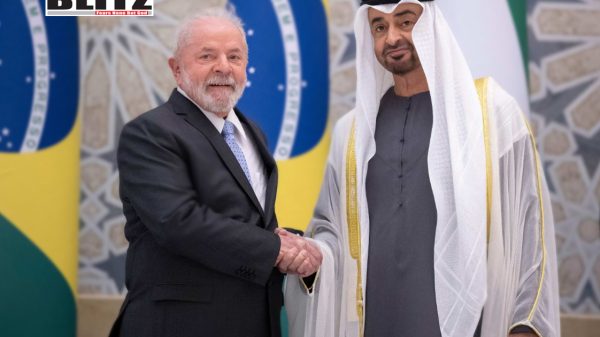
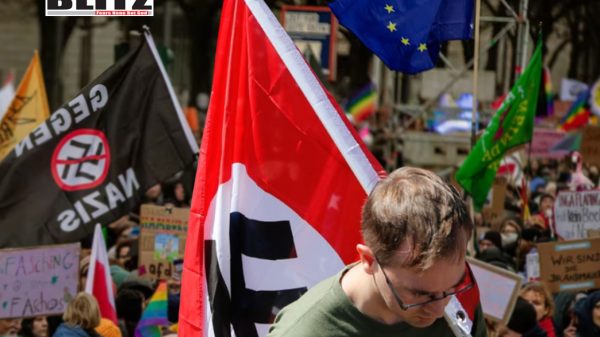

Leave a Reply